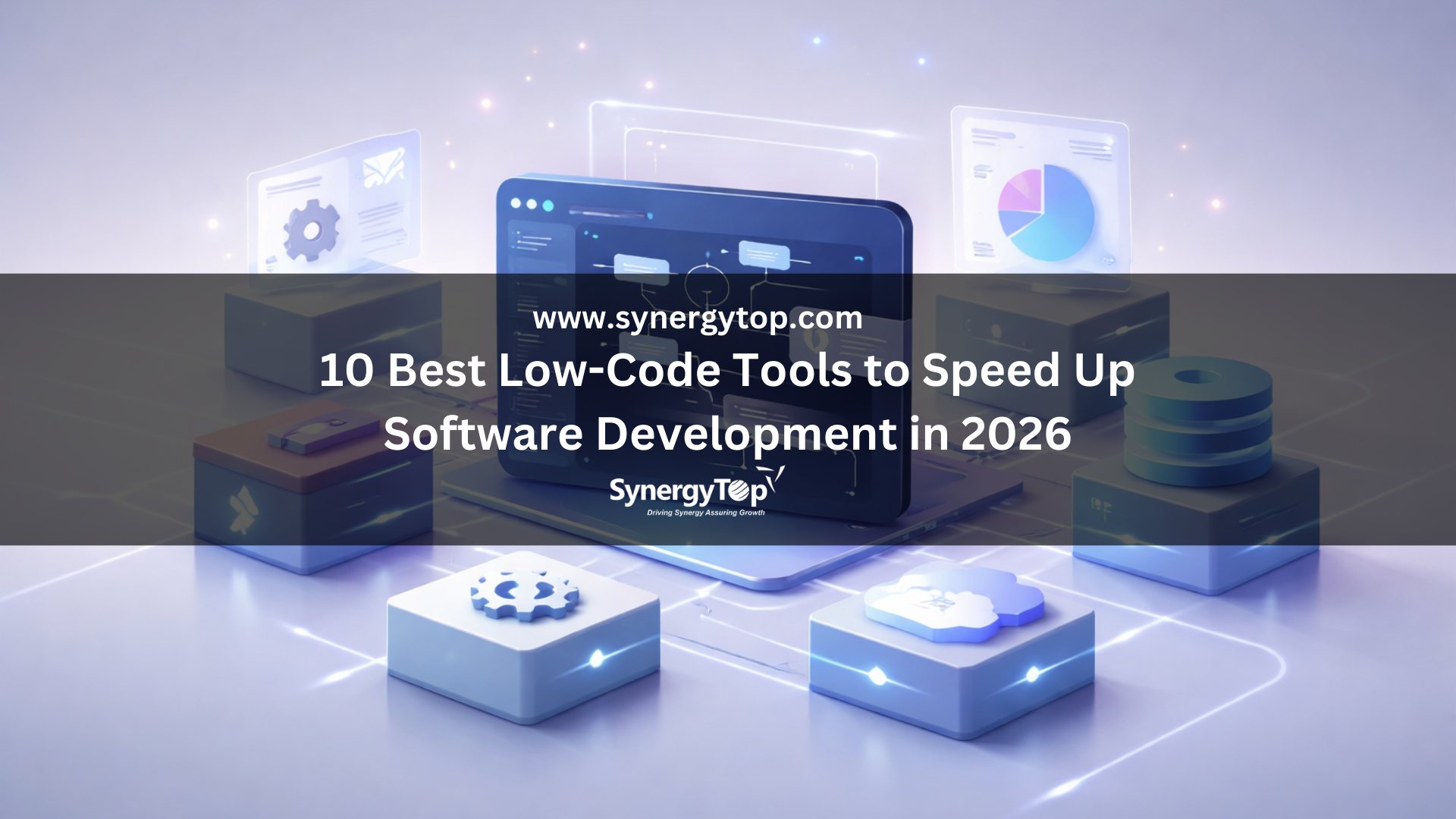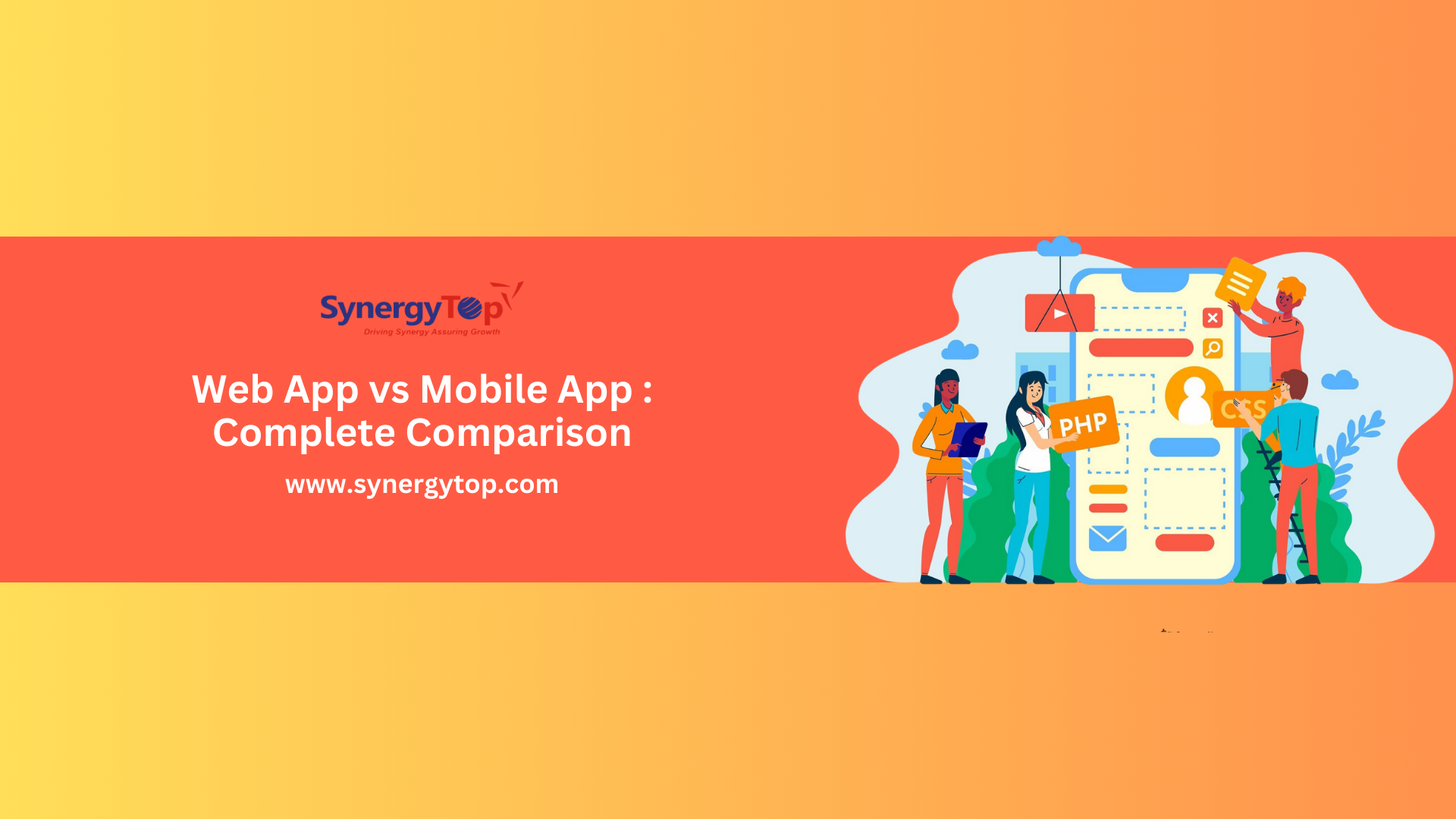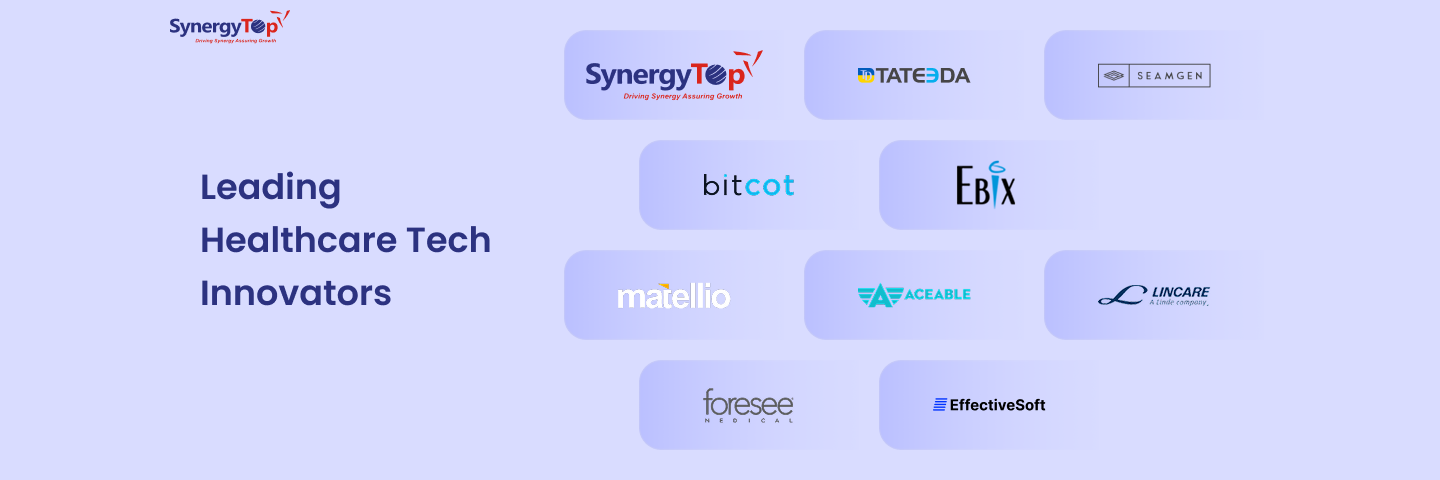Magento2 and Shopify are the two leading e-commerce platforms, claiming 14% and 6% of the top million websites, respectively.
Both these platforms can be used to develop a feature-rich web store for your business. However, their approaches and outcomes can vary widely. You need to make the right choice to design and develop your web store as it can have a huge impact on your e-commerce success. Use this article to compare and decide which is the best platform for your business requirements
Shopify is Easy to Use
Shopify is an all-in-one website builder that makes it easy to design an e-commerce store.
Shopify also offers direct interactions with third-party plugins like Gumtree and Quickbooks to enable a functional e-commerce business.
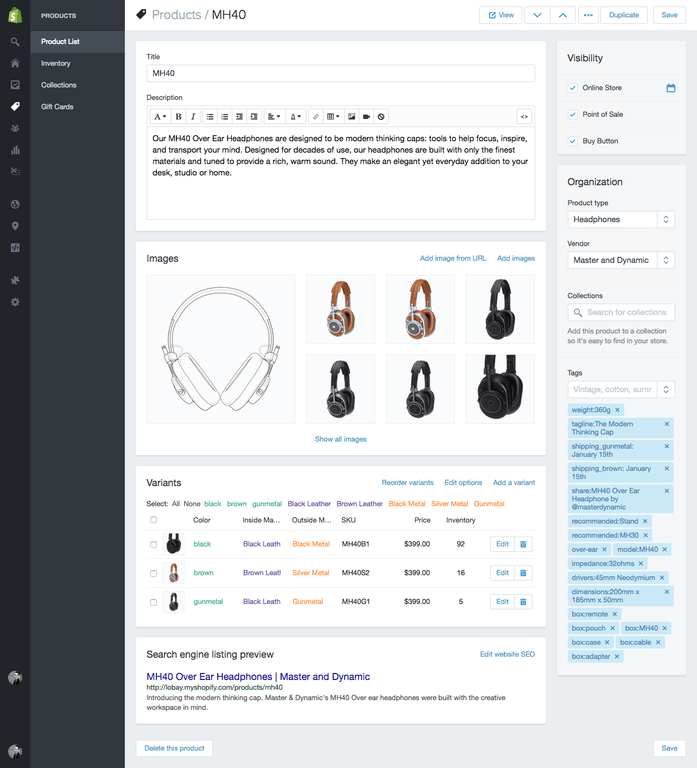
(Source)
Though easy to use, Shopify lags behind in flexibility and functionality! It uses a proprietary source code called Liquid, which templatizes most elements of your website and limits what can be tweaked.
For example, code for the template color and font can be changed but it’s impossible to add custom-coded elements to a Shopify site. This can limit your branding and user experience.
Per se, Shopify is great for businesses that want to save on the cumbersome development process. Small businesses that rely on retail or in-store purchases are a great fit for this platform.
Read our blog – Why To Choose Shopify to Build Your E-commerce Solution?
Shopify Charges A Fee for Monthly Use and Transactions
Shopify offers monthly subscription plans ranging from $9 (Lite) to $299 (Advanced). The higher payment tiers offer more features, including gift cards, abandoned cart recovery, and advanced reporting. Premium website themes costs between $140-180 and the Third-party add-ons can also elevate the monthly cost.
Shopify charges a transaction fee for payments made through external payment gateways such as PayPal and Braintree. These fees can add up, especially if your store does a high volume of transactions. However, Shopify doesn’t charge for payments made through its native payment gateway. It also saves on bandwidth fees because it is a hosted service.
Eventually, Shopify users should expect to pay monthly fees, per transaction charges, and bear the cost of website upgrades.
Magento2 Is Customizable, Requires Coding Skills
Magento2 is a free, open-source, and customizable web development software. Unlike Spotify, however, Magento2 requires web development and programming skills to use.
Your business would need a Custom Magento Solutions Development Partner who can build your web store for your business.
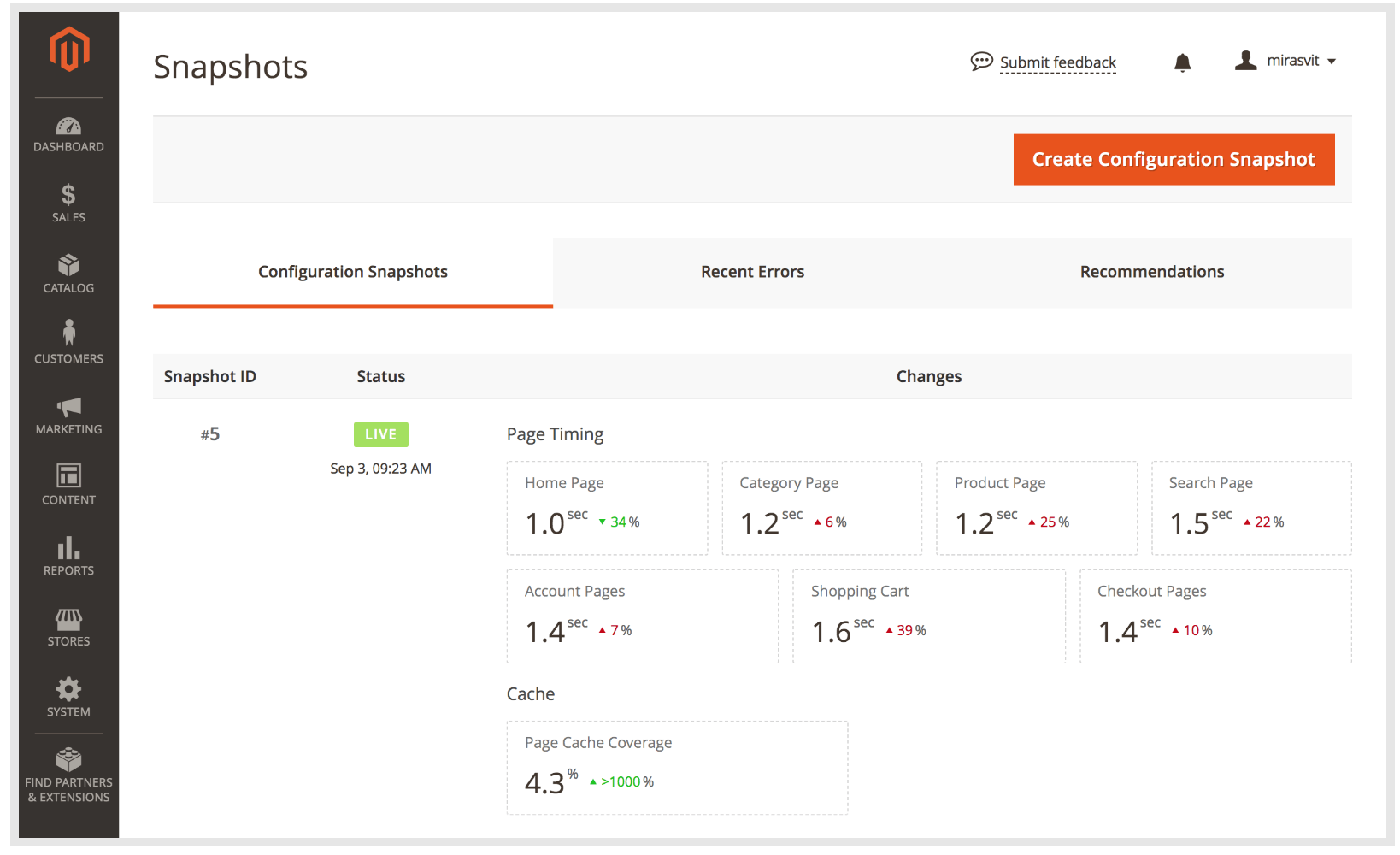
In exchange for tech-savvy, you get complete control over the look and functionality of your web store.
Magento2 offers a range of capabilities, features, and plugins that allow you to fully customize your website. You can modify your site template to create a unique brand experience for visitors. You can also design, develop and integrate custom features, such as coupon error messages or a sizing app to enhance the user experience.
Magento2 is a great option for businesses that are looking for a bespoke e-commerce store.
Magento2 Expenses Are Varied
Magento2 is free to use but incurs additional expenses from third-party providers.
You’ll need to pay for add-ons to augment the basic site software. While Shopify bundles many of its features, Magento2 lets you pick what you need from third-party developers.
For example, an abandoned cart solution from Creative Minds costs $39/year. Depending on your needs, a handful of individual add-ons can cost as much a premium plan from Shopify.
Magento2 paid site themes start at just $1. Though cheaper than Spotify’s, some templates are less contemporary as well. Other than the gateway provider’s fees, no transaction fees are charged by Magento2. This can create huge savings for larger websites.
Nevertheless, you need to pay for hosting with Magento2, which can range from $5 to $1000 per month depending on your traffic volume. You would also need to factor the cost of hiring a developer partner to set up and manage your Magento store.
Magento2 or Spotify: Which is Right for You?
Both Magento2 and Spotify let you build a feature-rich, professional e-commerce store.
Shopify is easy and quick to use but lacks flexibility and functionality. Spotify’s transaction fees can be costly for high-volume stores.
Magento2 allows you to design a unique web store, but only if you have access to web development skills. Hosting services can be costly for larger web stores that use Magento2.
E-commerce Services at SynergyTop
- Large-scale Ecommerce implementation with enterprise software integration
- Best-in-Class, Multi-Channel Ecommerce Solutions
- Multi-site Deployments
- End-to-End Ecommerce Development Services
About the Author
Grayson Kemper is a Content Manager for Clutch, a content and data-driven platform for B2B services, and a guest blogger at SynergyTop.





